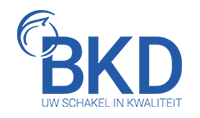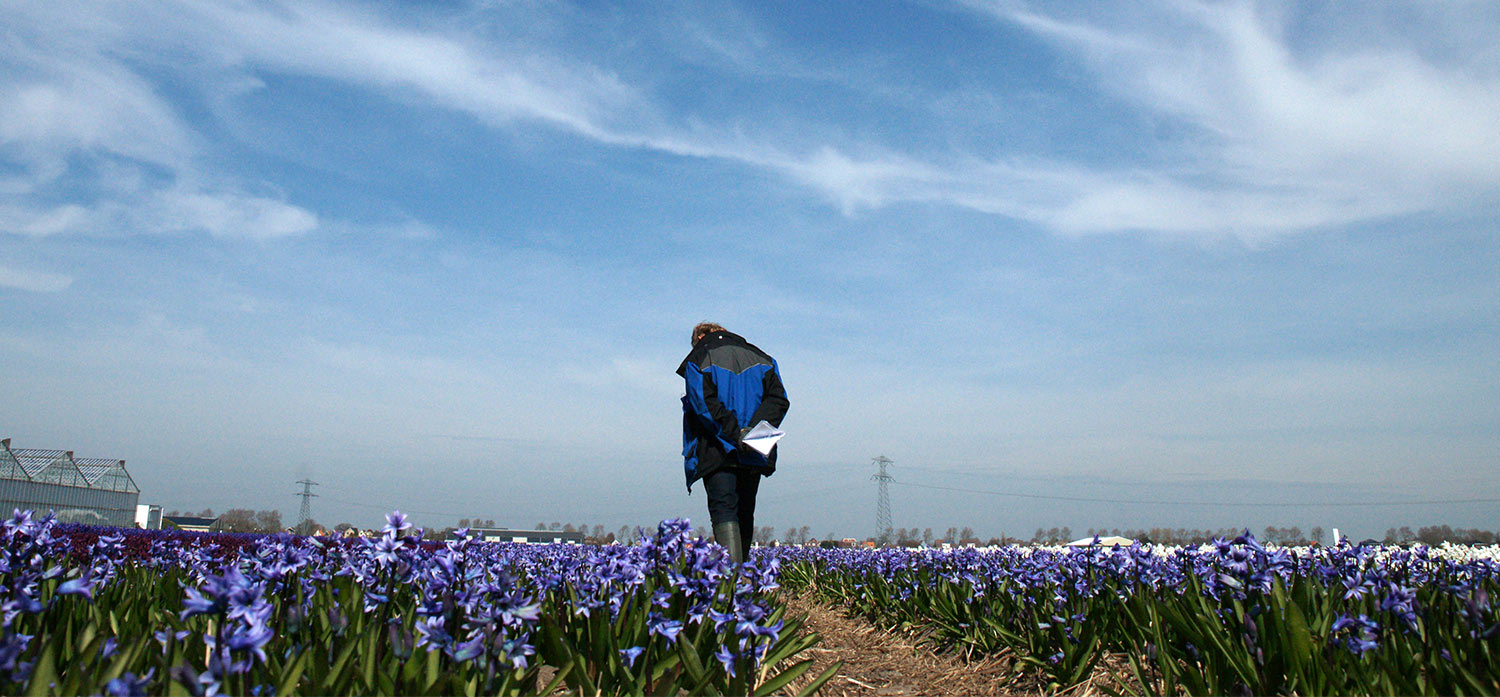
IMPORT AND EXPORT INSPECTIONS
Phytosanitary requirements
Flower bulbs are one of the Netherland’s most important export products. In order to be able to export flower bulbs, the requirements laid down by the recipient country (outside the EU) for the flower bulbs have to be complied with. We call these requirements the phytosanitary requirements.
In some cases, the BKD, the NVWA (the Netherlands Food and Consumer Product Safety Authority) and a country that lies outside the EU also make specific arrangements regarding flower bulbs. Finally, a number of countries lay down not only phytosanitary requirements but also protocols for the trade in flower bulbs. You can find details of these at the bottom of this page in the country programmes. You can find the phytosanitary requirements for each country on the NVWA’s website.
Export inspections
Flowers bulbs that are exported to countries outside the EU are checked by the BKD during an export inspection that is carried out prior to shipment. As part of this check, the inspector checks the phytosanitary certificate issued and the identity of the products and carries out a physical inspection. In this way, he (or she) looks at whether the products comply with the phytosanitary requirements of the recipient country. The Bonus-Penalty scheme determines the percentage of lots that are to be physically inspected, with those companies with good inspection results being inspected less intensively (the full text of this regulation is available from us upon request).
If you are an exporter then you can request an inspection via Ketenregister before the consignment is shipped outside the EU or Switzerland. An export inspection consists of a physical inspection (stock inspection) and the signing of the export documents. These two activities can be carried out separately from each other.
The BKD carries out the export inspections on behalf of the NVWA (the Netherlands Food and Consumer Product Safety Authority).
Import inspections
Those flower bulbs that are imported into the Netherlands from third countries are inspected by the BKD as well. The guiding principle here is the quality and quarantine standards that apply within the EU.
All shipments from countries outside of the EU must be accompanied by an export certificate issued to the Netherlands. For the necessary phytosanitary import inspection and customs clearance, these shipments must be registered with the Dutch government in advance. If you are an importer then ensure that you or the shipping agent are connected to CLIENT-Import to register the shipment and request an inspection. Upon arrival in the Netherlands, the shipment must first go to an import location recognized by the NVWA with appropriate permission or license from Customs. Only after release, approval and inspection at this recognized location can the shipment be processed by the importer or further transported within the Netherlands or the EU. A plant passport is mandatory for the latter.
The BKD carries out the import inspections on behalf of the NVWA (the Netherlands Food and Consumer Product Safety Authority).
Certificates and documents
When the inspector has performed the export inspection and everything is in order, he or she will then sign(i.e. certify) the phytosanitary certificate. Once the certificate has been signed , the consignment can be shipped. A signed certificate only has a limited period of validity. When shipping flower bulbs to Japan or China, in addition to a signed certificate you will also need a (digital or other) ‘Landenprinterbon’ (country printer voucher), which may be obtained from Ketenregister.
If you need a replacement for a previously issued export certificate, for example because the original document contains incorrect information or has been lost, you can use the appropriate form to request a replacement.
Ketenregister (chain register)
The BKD uses Ketenregister (‘the system that contains relevant phytosanitary data about each lot ’)to regulate all aspects of the exporting of flower bulbs with exporters. Ketenregister passes on lot information from the cultivation process – along with inspection information from the export process – to the NVWA’s e-CertNL system (formerly known as CLIENT EXPORT) for export certification, with the NVWA being the Netherlands Food and Consumer Product Safety Authority. This link-up ensures that there is a fully closed digital chain within which phytosanitary certificates are issued efficiently.
More information
Here you will find additional important information about the importing and exporting of flower bulbs:
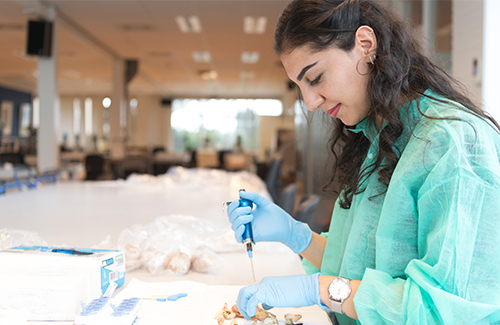
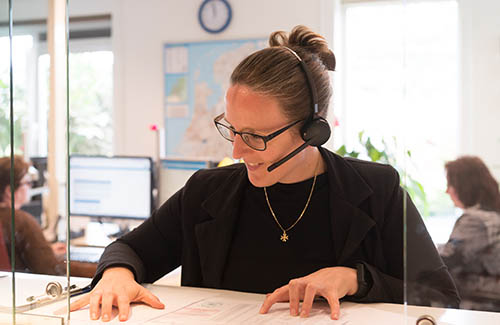

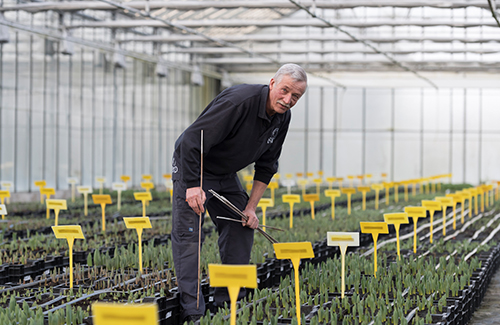
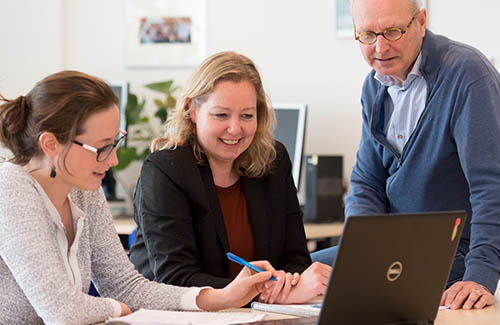
Do you export but do not yet use Ketenregister? If this is the case then register yourself or else go to www.ketenregister.nl for more information.
Starting with trading
If you are engaged in the business of trading in flower bulbs then by law you will have to deal with the BKD for the inspection, checking and certification/attestation of the products you are trading and for the checking of your records. Click here to learn more or to register with BKD.


